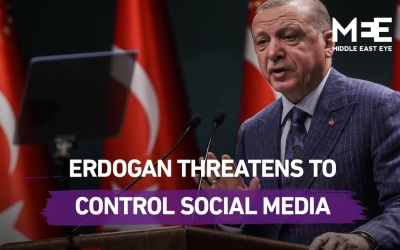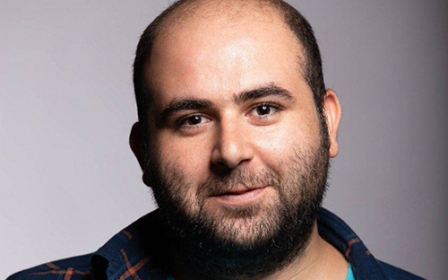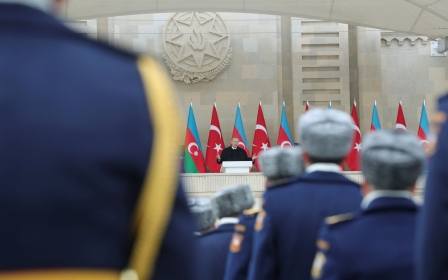Turkey hits Twitter and Pinterest with ad ban for resisting new social media law

Turkey has imposed an advertisement ban on social media giants Twitter and Pinterest for failing to assign a legal representative in the country, under regulations that came into effect last year.
The decision, published by the official gazette on Tuesday, came after Ankara fined both companies 40m Turkish Lira ($5.3m) under the new law.
In November, Turkey imposed fines on Facebook, YouTube and Twitter for not complying with the regulations.
However, on Monday, a day before Twitter was fined, Facebook decided to assign a legal representative in Turkey, joining YouTube, Tiktok and Dailymotion, who had taken that step several weeks earlier.
The controversial law, which had been under discussion for a while, was brought quickly to parliament last July, after social media users insulted Turkish President Recep Tayyip Erdogan’s newborn grandson and daughter on Twitter.
The incident prompted Erdogan to threaten to completely ban social media sites. Critics have warned that the law would increase censorship and help silence dissent. Yet the government and supporters of the new regulation have argued that it would accelerate the legal process to protect personal data and privacy, and remove libellous content.
The decision by Facebook, Google and YouTube to assign a legal representative in Turkey will leave them “in serious danger of becoming an instrument of state censorship”, said Milena Buyum, Amnesty International’s Turkey Campaigner, in a tweet.
Turkey's deputy Transport and Infrastructure minister, Omer Fatih Sayan, said in a series of posts on Twitter that local companies would be subject to fines if they try to run ads on these platforms.
“We won’t allow digital fascism to rule in Turkey,” he said.
“We hope that Twitter and Pinterest will quickly take the required steps. The last thing we want to do is choke off their bandwidth.”
Sayan also shared a graph that showed that Twitter and Pinterest’s bandwidths would first be cut by 50 percent in April and then 90 percent in May.
The new law also requires social networks with more than 1 million accounts to respond to user disputes from Turkey in the Turkish language, provide a written answer within 48 hours on cases that involve the exposure of personal information or personal insults, store user information in Turkey and release a report every six months on disputes filed by the users.
Middle East Eye delivers independent and unrivalled coverage and analysis of the Middle East, North Africa and beyond. To learn more about republishing this content and the associated fees, please fill out this form. More about MEE can be found here.





